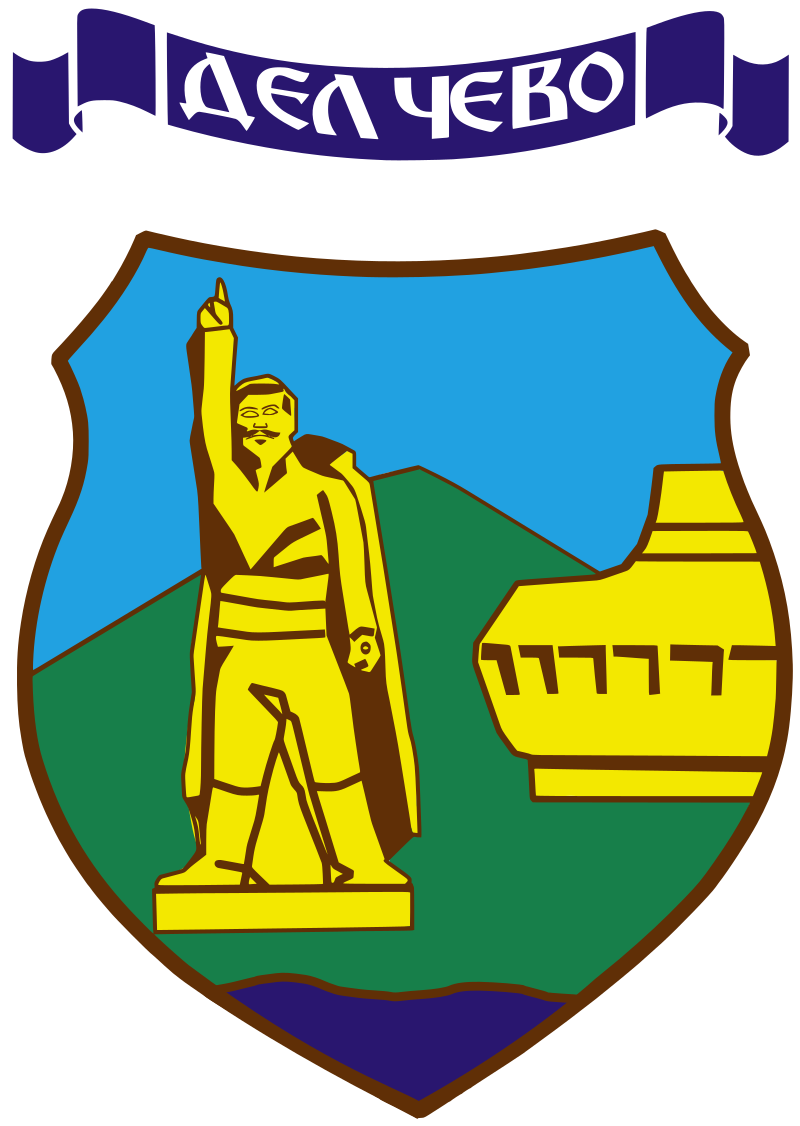
Some places are not just dots on a map. Delčevo is a feeling — the scent of early mornings over the Bregalnica River, the ringing of the old church bell, and the strong embrace of family.
Located in Eastern Macedonia, in the Pijanec region, near the border with Bulgaria, Delčevo lies at an altitude of 590–640 meters above sea level. Though far east, it stands as a crossroads for Eastern Macedonia with good transport connections.
According to legend, in Byzantine times Delčevo was called Vasilevo, the Greek variant of the Slavic Carevo (“Tsar’s”). First mentioned as Carevo Selo (“Tsar’s Village”) in a charter of Tsar Dušan (1347–1350), the town was gifted, along with fields in Pijanec, to the Lesnovo Monastery.
During Ottoman rule, Delčevo was also called Sultania.
Until the 17th century, the settlement lay on the right bank of the Bregalnica River, under the hill Ostrec, near the road to Bulgaria. In the mid-17th century, Sultan Mehmed IV visited Pijanec, during which time mass Islamization took place. Oppression and pressure forced many Macedonian villages to flee, including Carevo Selo. The town was later moved to its current location on the left bank of the Bregalnica. Proof of this is the mosque “Sultan Mehmed Fatih II,” dating from the 15th century.
After the Russo–Turkish War (1877–1878), Dedo Iljo Maleševski briefly established the “Pijanec Republic.” Its destruction led to mass emigration of Macedonian Christians toward Bulgaria, especially to the Kyustendil area. In their place, Turkish refugees (Madžirci) settled, forming today’s Third District.
During the Balkan Wars, many Turks left the town, and by 1914, Delčevo had 1,701 residents. New Macedonian families settled, mostly from nearby depopulated villages such as Bigla, Selnik, and Dramče.
Twenty residents of Delčevo are recorded as victims of World War II. After liberation, on April 23, 1950, Carevo Selo was renamed Delčevo, in honor of Goce Delčev.
In the 1960s, the town expanded across the Bregalnica River, and in the 1970s spread to Milkovo Brdo. With new enterprises came more jobs, more homes, and modern urban development. Today, Delčevo is a vibrant town with boulevards, parks, and a soul rooted in history.
In Delčevo, culture is memory and identity. Festivals are not only events but homecomings — moments when generations reunite, bridging those who stayed and those who left. Every dance, every applause speaks the language of the heart.
On Easter, Ilinden, or during summer visits, Delčevo comes alive. Streets fill with laughter, homes with familiar scents, and friendships with warmth. It is a city where memory and presence meet.
Delčevo lives its sporting spirit through:
Delčevo is carried in every word of the dialect, in every memory of the Bregalnica River, in every family story.
For the diaspora, Delčevo is not just a birthplace — it is a lifelong bond, a home that calls across distances with love, pride, and belonging.